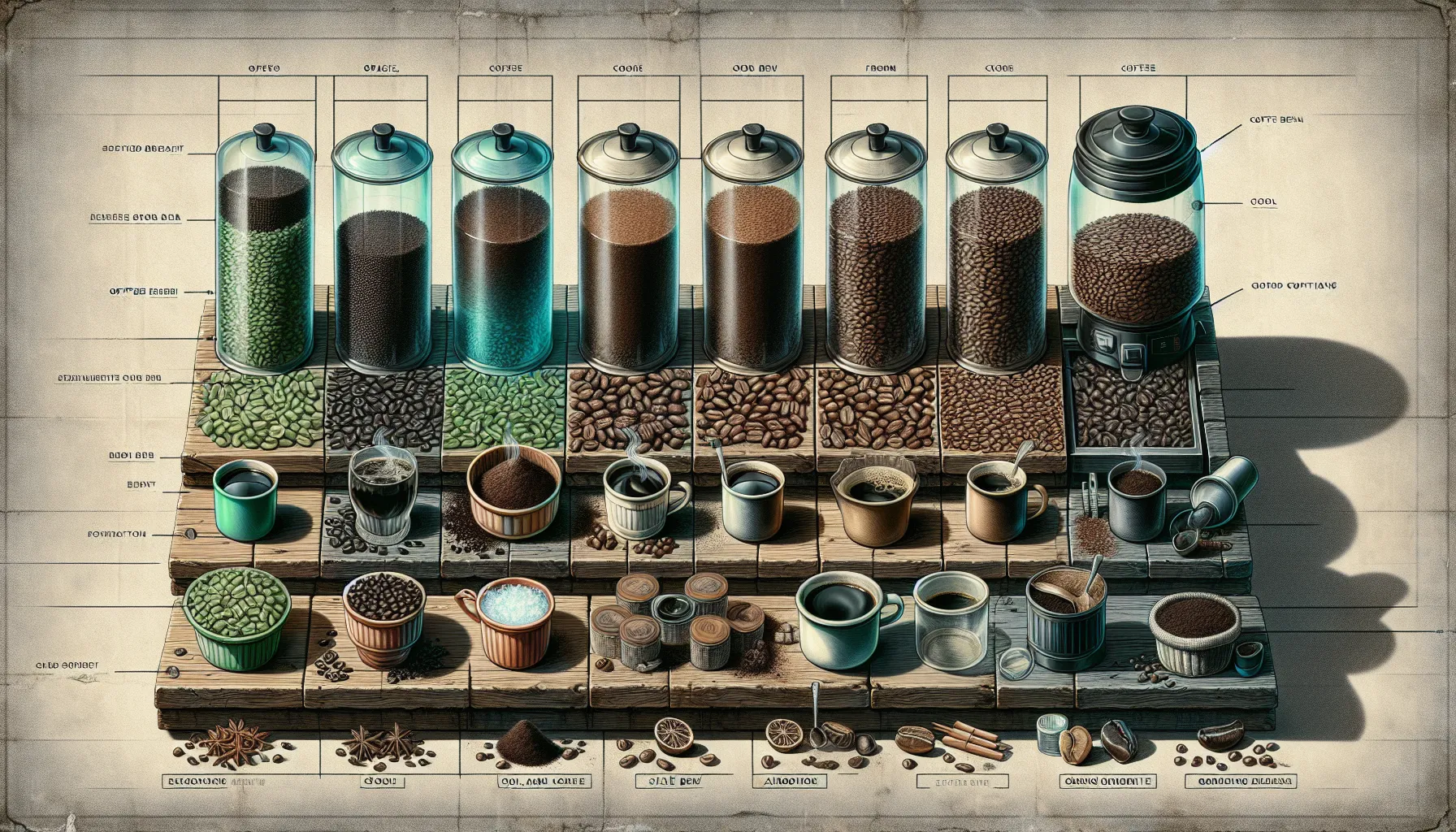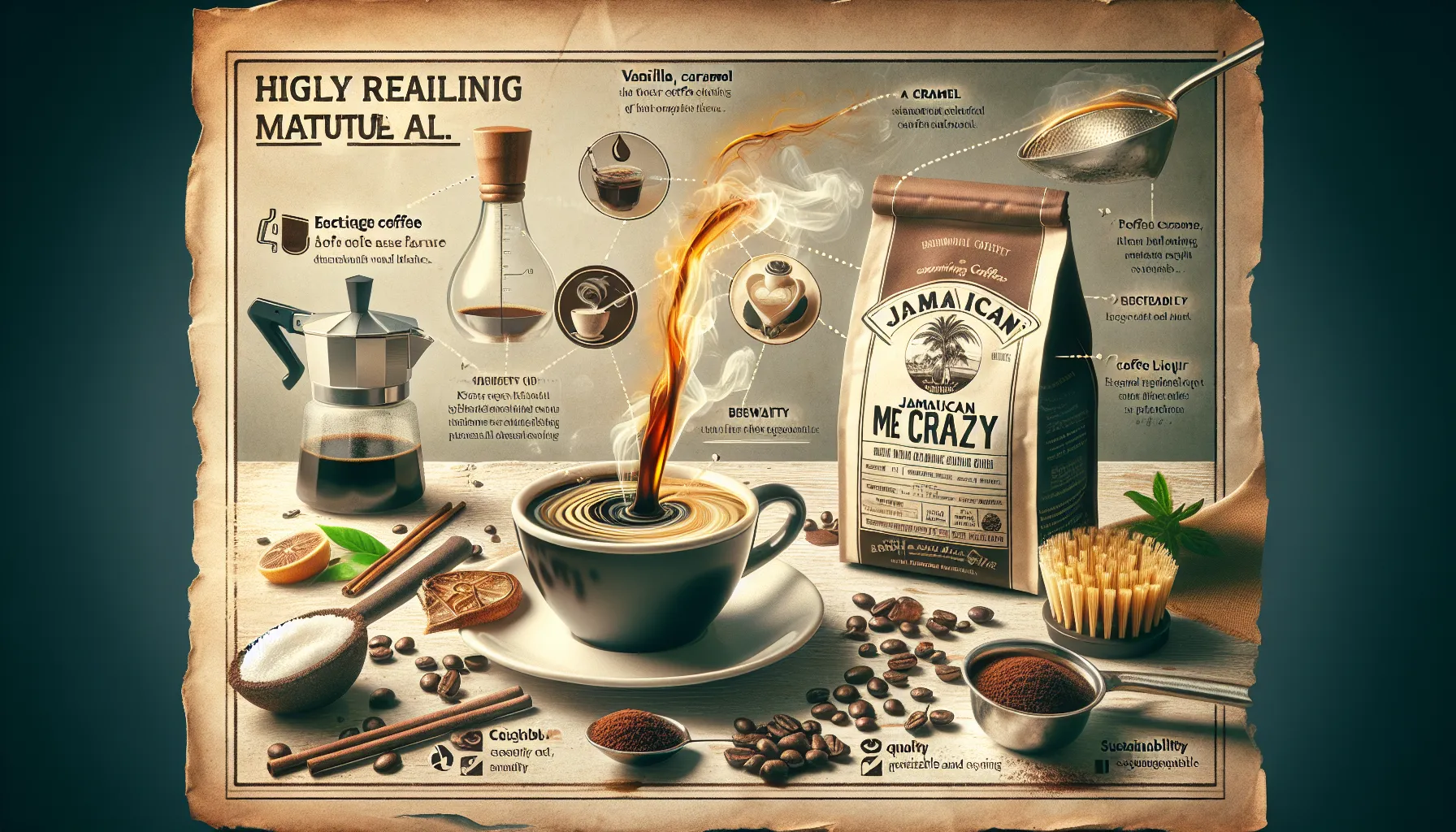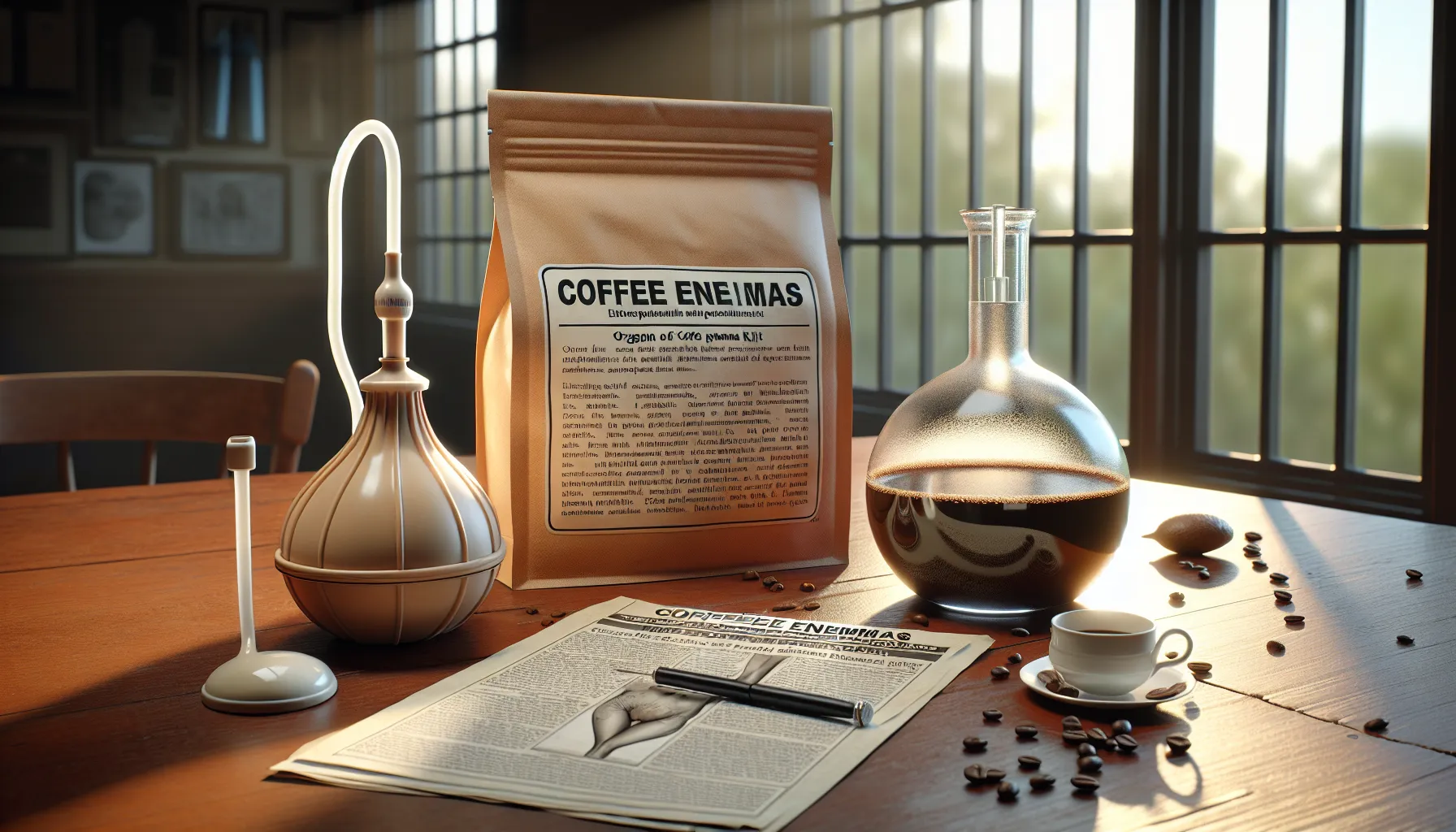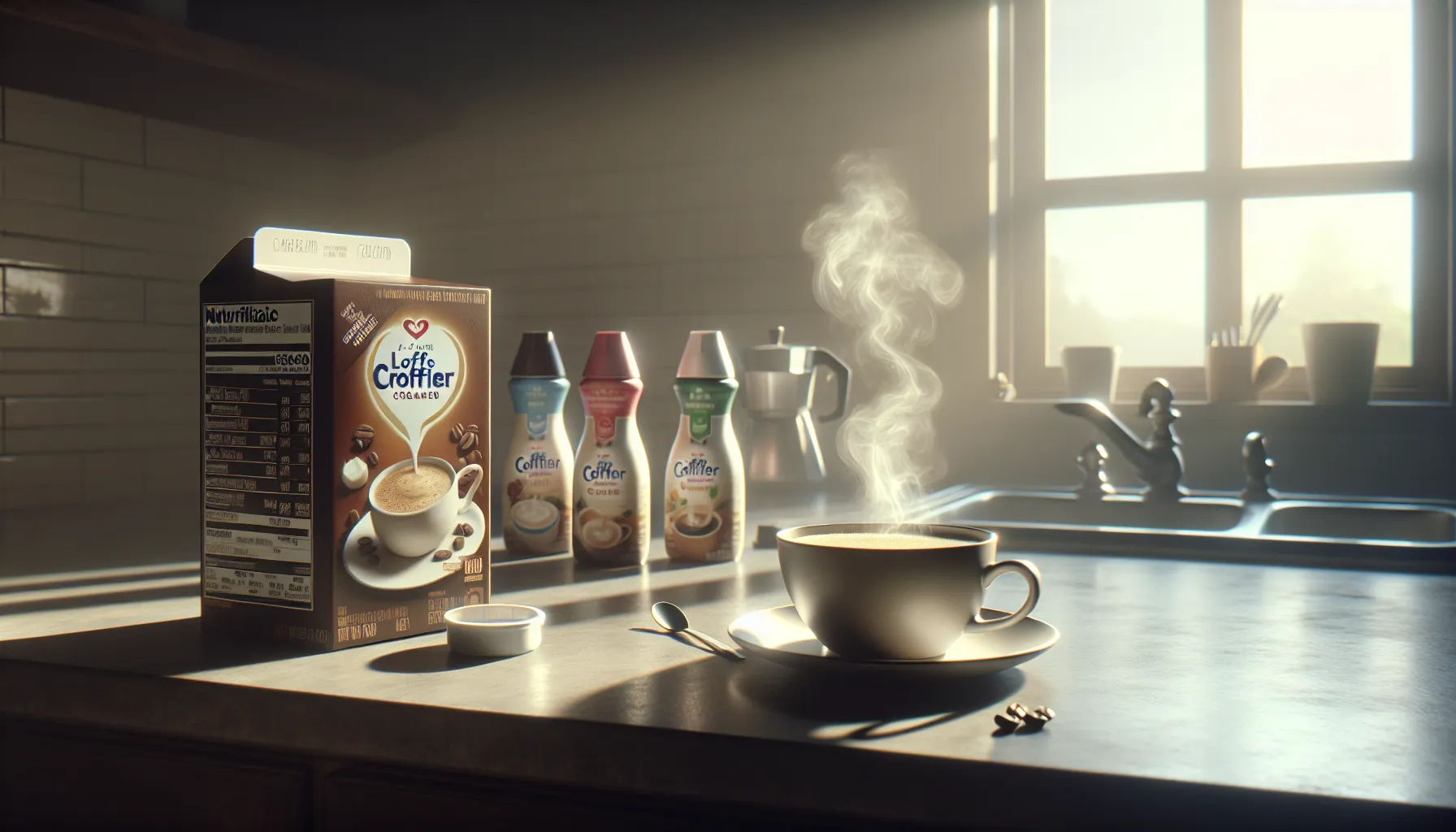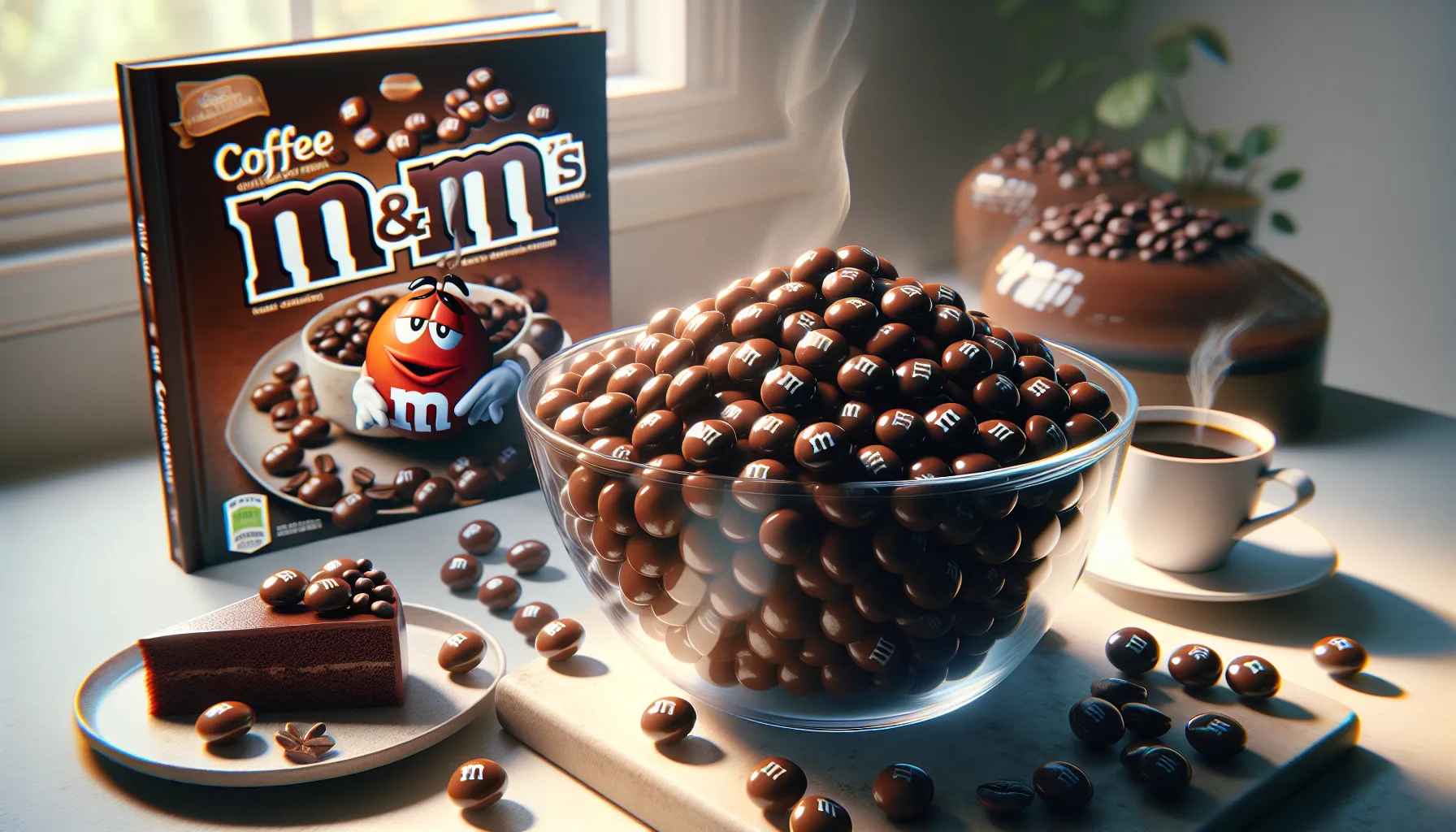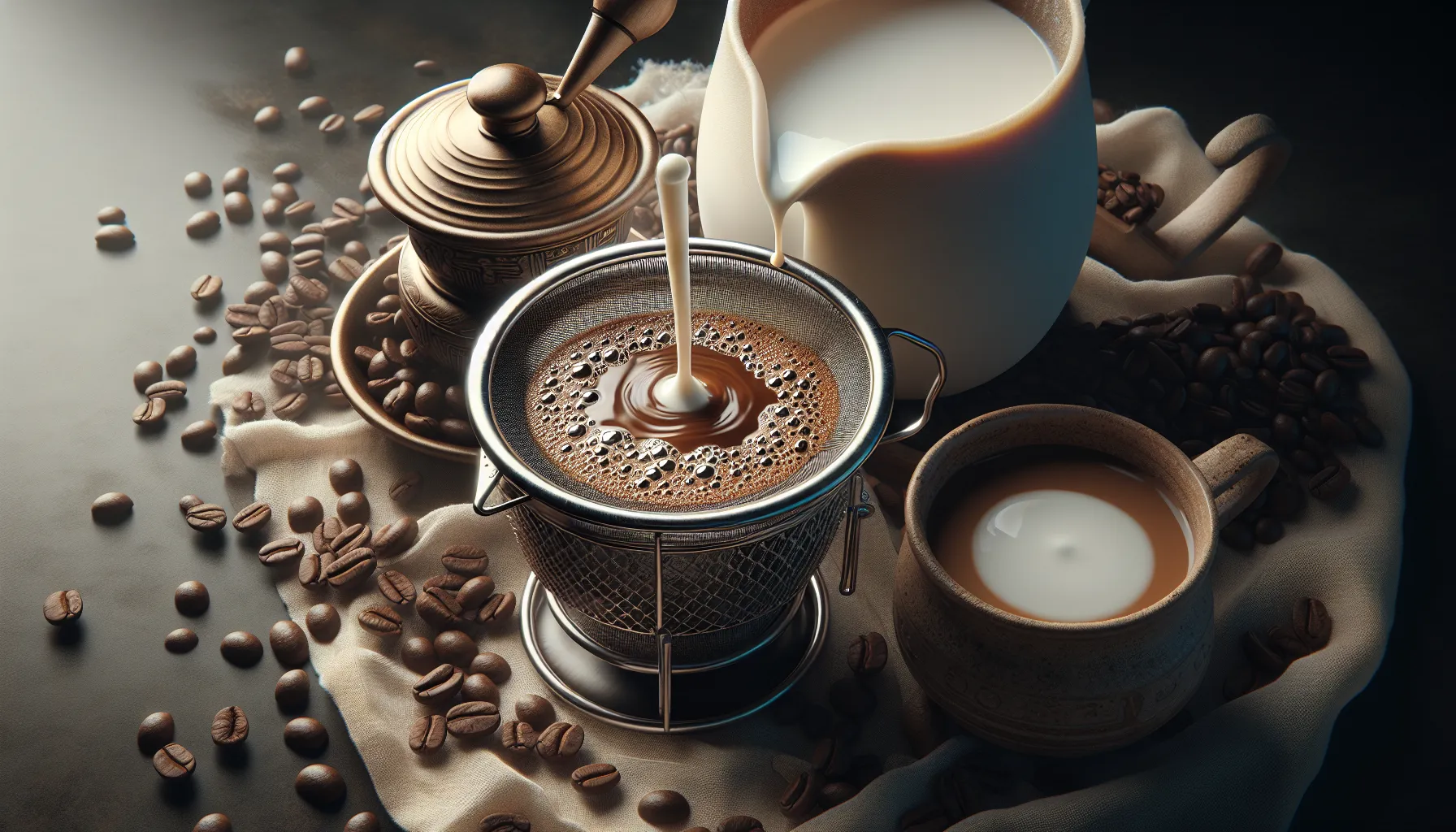When you find yourself pouring that rich, steaming cup of coffee in the morning, have you ever paused to wonder, how long do coffee beans last? We all love our daily brew, but understanding the lifespan of those aromatic beans is crucial if we want to savor every sip. Freshness directly influences flavor and aroma, which makes this topic relevant for anyone who enjoys coffee, whether you’re a casual drinker or a dedicated aficionado. Have you experienced the disappointment of a stale cup? You're not alone!
In this article, we’ll explore the shelf life of different types of coffee beans, optimal storage practices to preserve freshness, and signs to recognize staleness. We'll also cover practical ways to utilize old coffee beans, ensuring none of those precious beans go to waste. So, grab your favorite mug and let's dive into the flavorful world of coffee!
Key Takeaways
- Understanding Coffee Freshness: Factors that impact the taste and quality of coffee beans.
- Shelf Life of Different Coffee Types: Lifespan of green, roasted, and ground coffee.
- Optimal Storage Practices: Best methods to keep your coffee beans fresh.
- Identifying and Managing Stale Coffee: How to spot stale beans and what to do with them.
- Frequently Asked Questions: Common queries and misconceptions about coffee longevity.
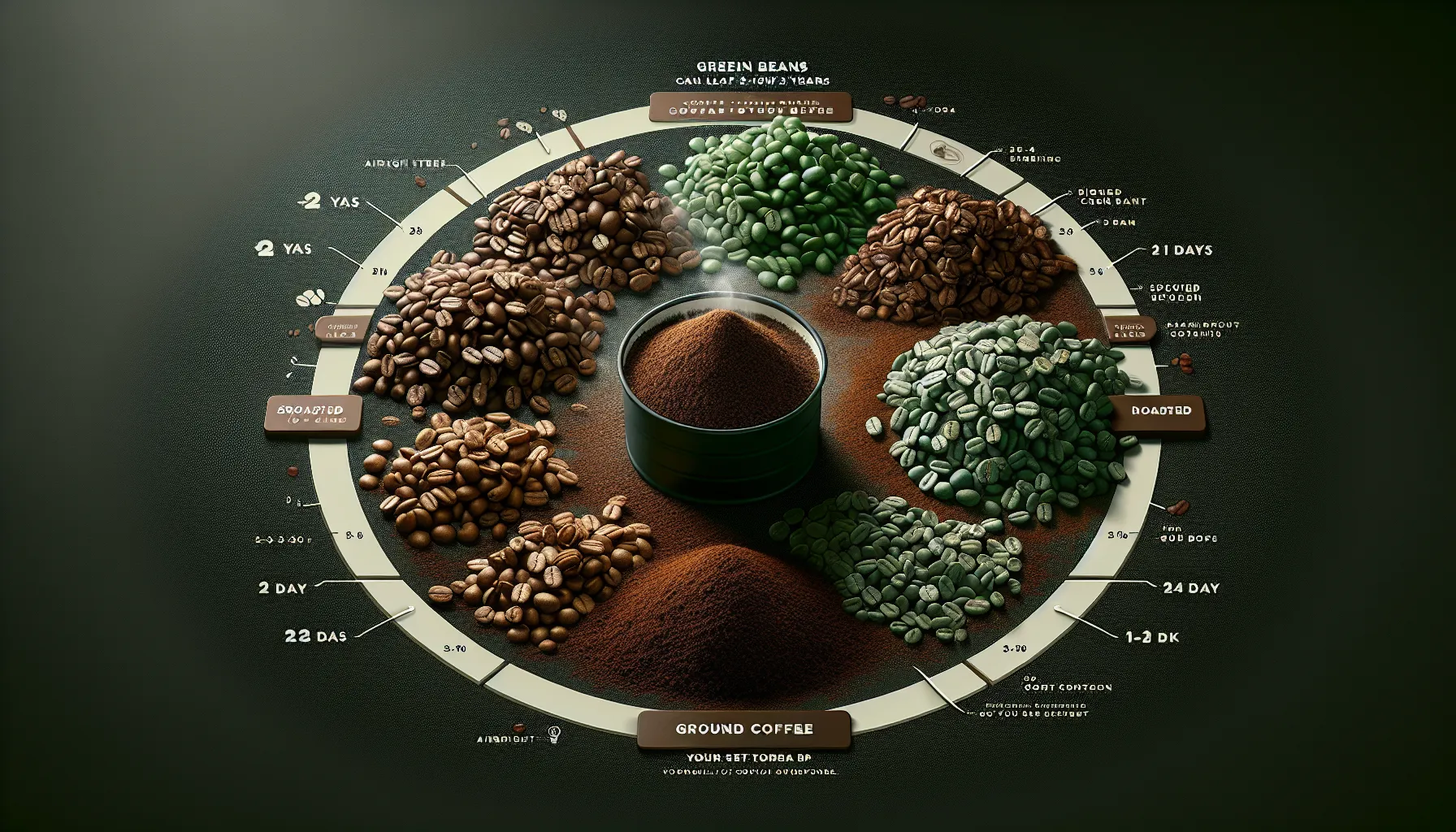
Understanding Coffee Freshness
Freshness is the heart and soul of a great cup of coffee, and several factors play a significant role in determining it. Oxygen, for instance, is one of the main culprits when it comes to diminishing flavor. Once a bag of coffee is opened, exposure to air leads to oxidation, which starts to break down those delightful coffee oils essential for aroma and taste.
Humidity is another important factor. High moisture levels can introduce unwanted elements, leading to moldy beans or rancid flavors. Think about where you store your coffee; if it’s near sources of humidity, that can significantly affect its lifespan. Likewise, light—especially sunlight—can be detrimental. Ultraviolet rays can trigger degradation of aromatic compounds that give coffee its unique character.
Lastly, temperature shouldn’t be overlooked. Storing coffee in warm areas can rapidly accelerate flavor loss. Ideally, coffee should be kept in cool, stable environments for optimal preservation, allowing you to enjoy that fresh brew time and time again.
Shelf Life of Different Coffee Types
When it comes to coffee, understanding the shelf life of various types helps you make informed choices. Let's start with green coffee beans. These unroasted gems are the champions of longevity, lasting an impressive **2 to 3 years** under the right conditions. If you store them in a cool, dark place, you’ll maintain their freshness for quite some time. It’s almost like having a hidden treasure!
Now, onto roasted coffee beans. Once roasted, beans have a much shorter lifespan. Ideally, you’ll want to consume them within **2 to 14 days** of roasting for the best flavor experience. However, a well-sealed bag can extend the life to about **6 months**, provided you keep it in a cool, dry spot.
Ground coffee, on the other hand, presents a different story. Because of the increased surface area, it tends to go stale quickly. While unopened ground coffee can last **1 to 3 months**, it's best used within **1 week** after breaking that seal. That’s why it’s always advisable to grind beans just before you brew—your taste buds will thank you!
Optimal Storage Practices
Keeping your coffee fresh doesn’t have to be a complex science; you just need to adopt the right storage strategies. Start with your containers—opting for airtight options is crucial. Glass or ceramic containers work wonders, but do avoid clear materials that expose your beans to light. Think of your coffee as a fine wine; it deserves the best treatment.
Moreover, the environment is equally important. Ideally, coffee should be stored in a pantry or cupboard, far from heat sources like the stove or oven. Aim for storage temperatures below **70°F (21°C)** to prevent the degradation of those wonderful flavors.
If you've got a surplus of whole beans, consider freezing them. But remember, only freeze beans you won’t be using for a while. Portion them out in vacuum-sealed bags, and only take out what you need. This method prolongs freshness without sacrificing flavor, giving you that just-brewed taste with every cup!
Identifying and Managing Stale Coffee
Recognizing stale coffee beans can save you from ruining that much-anticipated cup. There are a few key attributes to watch for. First, take a whiff! If your coffee lacks that rich, flavorful aroma you expect, it’s a warning sign. Fresh coffee beans should emit a delightful fragrance, and if yours smell flat or nearly non-existent, it’s time to take action.
Next, examine the beans themselves. Look for a dry and dusty appearance; fresh beans often feature a slight sheen from the natural oils that release during roasting. If your coffee looks dull or lacks visible oil, chances are it’s past its prime.
Taste is another indicator. Stale coffee tends to have a flat, almost bitter flavor profile, stripping away the nuanced notes that freshly roasted beans offer. Your brewed coffee should be a delightful dance of flavors, not a dull thud on your palate.
Frequently Asked Questions
As we dive deeper into the world of coffee, you might have some lingering questions. One common query is whether coffee beans actually expire. Technically, coffee doesn’t expire in the way perishable foods do, but over time, its quality diminishes. The oils within the beans oxidize, robbing them of aroma and flavor.
Another question often asked is about proper storage techniques. To maintain coffee freshness, keep it in an airtight container in a cool, dark place, away from heat and moisture. Remember, the less exposure to air, light, and humidity, the longer your beans can potentially last.
Lastly, what about ground coffee? Ground coffee can last surprisingly long when unopened—up to 3 months—but should ideally be consumed within a week of being opened. As always, the fresher, the better, so if you can, grind those beans right before brewing for optimal flavor!
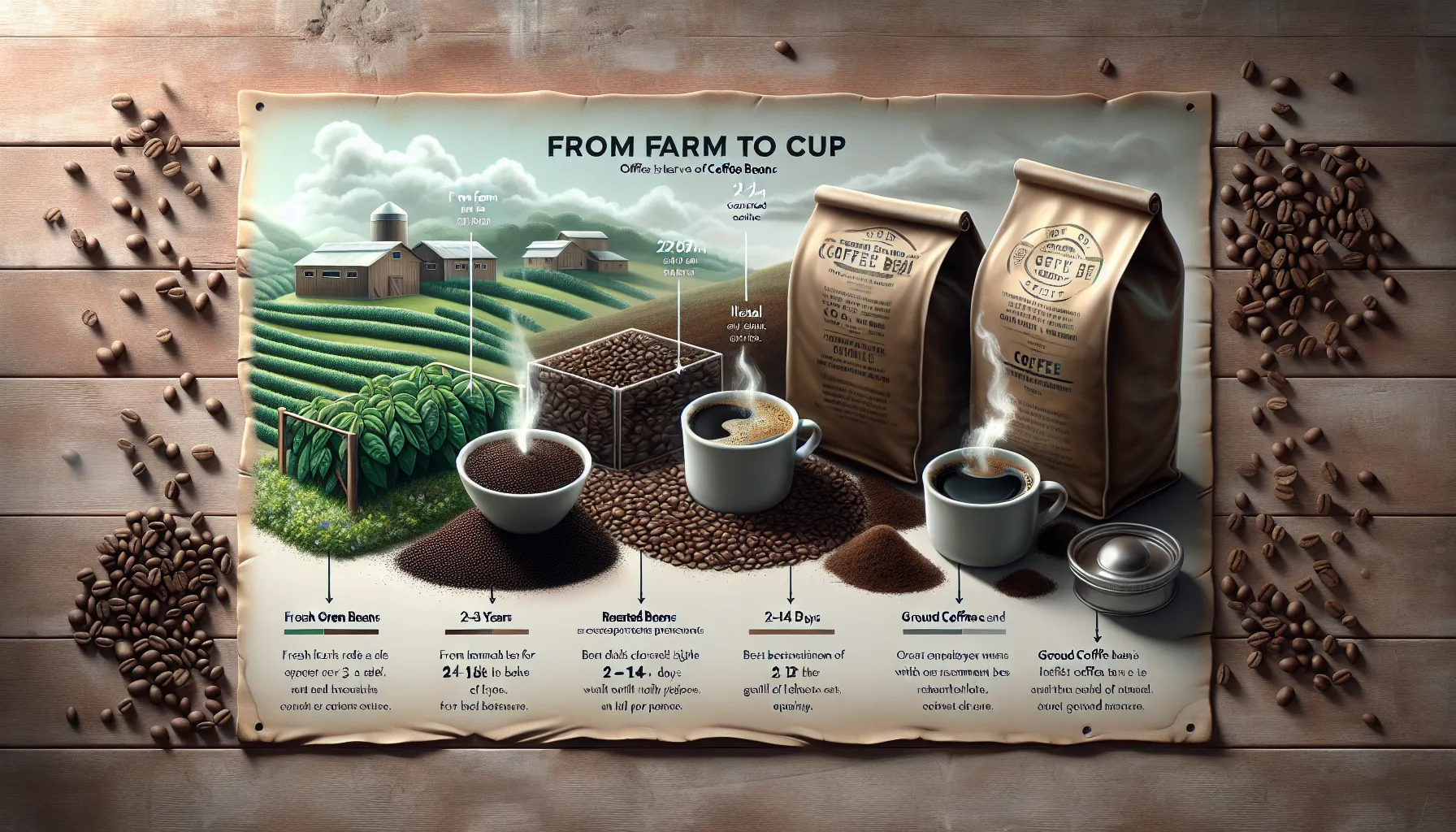
Bringing It All Together: The Freshness Journey
As our exploration of coffee freshness wraps up, it’s clear this topic extends far beyond merely knowing how long do coffee beans last. Understanding the intricacies of coffee freshness encompasses the shelf life of different bean types, effective storage techniques, and the critical signs of staleness. These insights not only enhance your coffee experience but also empower you to make informed decisions for every brew.
By choosing to adopt optimal storage practices, keeping your beans in airtight containers, and learning how to identify stale coffee, you’ll maximize the enjoyment of each cup poured. Remember, fresh coffee doesn’t just taste better; it invigorates your morning routine and transforms an ordinary day into a delightful experience. So why not invest a bit of time into your coffee habits today? Your taste buds will undoubtedly thank you!
Embrace the journey of coffee with a newfound appreciation, and take those extra steps to ensure your beans remain as vibrant as your morning mug. Cheers to brewing great memories, one fresh cup at a time!
Frequently Asked Questions
1. How long do coffee beans last once opened?
Roasted coffee beans can maintain freshness for about 2 to 14 days after opening. To extend their longevity, store them in an airtight container away from light and heat.
2. Can you freeze coffee beans for long-term storage?
Yes, you can freeze whole coffee beans to extend their shelf life. Portion them in airtight bags, and only take out what you need to prevent moisture from affecting the remaining beans.
3. What should I look for to identify stale coffee?
Signs of stale coffee include a lack of aromatic fragrance, a dull appearance, and a flat, bitter taste when brewed. Fresh coffee should have a rich scent and flavorful notes.
4. Do coffee beans expire?
Coffee beans do not expire in a traditional sense, but they can lose flavor and aroma over time. It's best to consume them within optimal timeframes to fully enjoy their taste.
5. What are the best storage methods for coffee beans?
To keep your coffee fresh, store beans in an airtight container in a cool, dark place. Avoid refrigeration and high temperatures, which can degrade flavor and quality.



